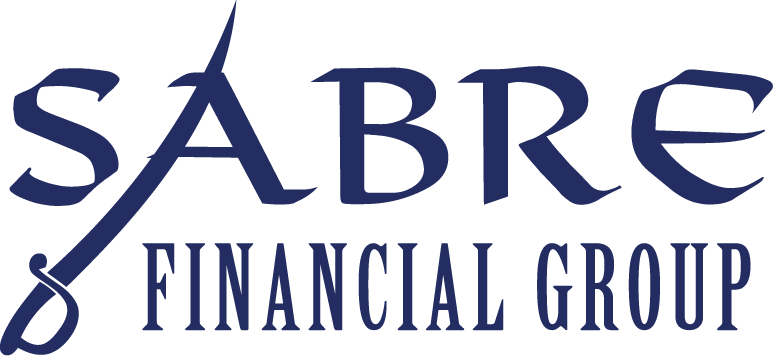In our previous post, we discussed how to prepare your business for sale by building real value through strong financials, streamlined operations, brand clarity, and a scalable team.
streamlined operations, brand clarity, and a scalable team.
But once the groundwork is laid, what comes next? How do you actually go to market, find the right buyer, and close the deal?
This is where strategic execution becomes just as important as preparation. If you’re ready to move forward, here’s what you need to know about navigating the sale of your business and making your exit a successful one.
What is your Exit Strategy?
Before you begin the sales process, it’s important to revisit your goals and determine your exit strategy. Are you looking to exit your company fully, or would you like to remain involved in some capacity? Do you have criteria when it comes to the speed of the deal or payment structure? Do you know what valuation you need in order to make a successful exit?
Having the answers to these questions can help you determine what deal works for you and where negotiations need to take place with potential buyers. It can also guide any financial professional who may be helping you through the process.
Choosing the Right Financial Professional
The Sell-Side M&A process can be complicated. Having a trusted financial professional by your side who helps you navigate the different challenges that lie ahead will increase your likelihood of meeting your desired outcome, saving you time and stress while optimizing your exit value.
Some business owners may utilize a business broker, which can be the right solution in certain cases, but a Sell-Side M&A advisor may be worth considering if you would like additional financial expertise and strategic deal execution – and particularly so if you are planning to sell your company to a sophisticated party like a private equity group, family office, or strategic corporate buyer.
Learn more about the differences between the two in our blog post entitled “How is a Sell-Side M&A Advisor Different from a Business Broker?”
Navigating the Sales Process
Once you’ve clarified your exit strategy and identified the advisors who will guide you through the sale, it’s time to move into execution. This phase includes valuing your business through a valuation assessment, negotiating price and terms, preparing for financial due diligence, addressing buyer inquiries, and reviewing incoming Letters of Intent.
Business Valuation
Before engaging with buyers, you’ll need a clear understanding of what your business is worth. There are two common approaches to valuation:
- Formal Valuation: A formal valuation, or Conclusion of Value, is more comprehensive and employs multiple valuation methods, rigorously analyzed, to produce the most accurate picture of your business’s worth.
- Informal Valuation: Also referred to as a Calculation of Value, an informal valuation is a cost-effective and quicker option than a formal valuation. It uses methodologies tailored to your goals and provides a general estimate of your business’s worth.
More on valuation analysis on this previous blog posting: Informal vs. Formal Business Valuation: Which One Should You Choose?
The Letter of Intent
When one or more buyers are identified and initial discussions are positive, buyer candidates will then present a Letter of Intent (LOI). This document outlines the buyer’s proposed price and terms for the acquisition and signals their intention to move forward. This non-binding (but critically important!) document outlines the proposed terms of the acquisition, including purchase price, structure, transition plans, timelines, and more. It also typically includes an exclusivity clause, meaning you agree not to entertain other offers while the buyer moves forward with due diligence.
While the LOI doesn’t lock you into the sale, it sets expectations and serves as a crucial step in advancing the process. Reviewing this document carefully with both a financial and legal advisor prior to execution of the LOI will help ensure that terms align with your goals and are protective of your interests.
Identifying and Engaging the Right Buyers for the Sale of Your Business
Finding the right buyer is about reaching the right audience with a compelling story. The goal is to connect with buyers who see the strategic and financial value of what you’ve built and are willing to pay an appropriate price for it.
When determining who the right buyers are for your business, here are a few questions to consider:
- Do I want to sell to someone who will continue my legacy?
- Does the buyer need to have experience in my industry?
- Am I open to selling to a competitor?
- Will the buyer need my continued involvement post-sale of my business?
- What kind of deal structure am I comfortable with?
- Does the buyer align with the values and culture of my business and team?
- What kind of due diligence and timeline will this type of buyer expect?
These questions help narrow your target buyer profile, making the outreach process more focused, efficient, and successful.
Closing the Deal
Once the right buyer is identified, it’s time to close the deal. This includes negotiating final terms, completing due diligence, and working with legal and financial professionals to finalize the transaction. It’s also when transition planning becomes top priority to ensure a smooth handoff that protects your team, your clients, and what you’ve already built into your business. While closing a deal can be complex, requiring due care and discipline, with the right preparation and guidance, it can be a tremendously significant and positive milestone for both your personal and professional life.
Ready to Sell Your Business?
Selling your business is more than just finding a buyer; it’s about realizing the full value of what you’ve built and stepping into your next chapter with confidence. Whether you’re exploring your options or ready to move forward, our Sell-Side M&A Advisory services are designed specifically for small and mid-market business owners who want a strategic, financially sound approach that delivers high-value at a market-reasonable price. From early-stage planning to final negotiations, Sabre Financial Group guides you every step of the way with insight, integrity, and a commitment to your success. Schedule a consultation today.

